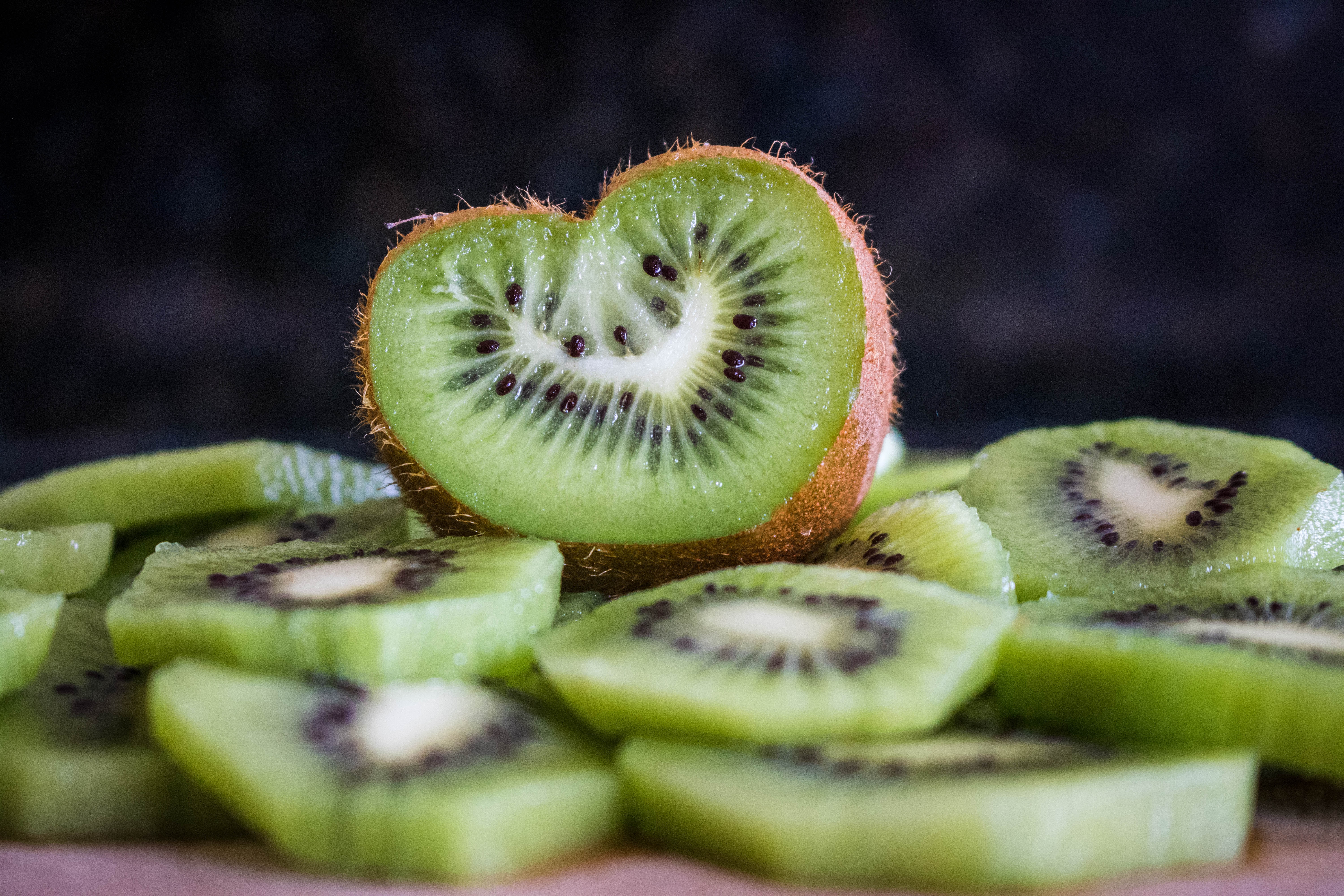I’m the first to admit that I don’t always do proper produce storage. I like to put absolutely everything in the refrigerator. I’m not quite sure where I got this habit. Perhaps it’s from growing up in Arizona where summer temperatures regular reach over 100 degrees. More than that, though, I just don’t like the taste of warm produce. Nevertheless, if you want to make the most of your fresh produce then you really should store it properly.
Should You Refrigerate or Leave Produce on the Counter?
Each type of produce needs to be treated differently. They aren’t all the same.
Most types of produce do go in the refrigerator. However, there are some exceptions:
- Some produce should be stored in a dark cool place outside of the refrigerator. Store potatoes, onions, garlic, and winter squash in this manner.
- Other produce you keep on the counter and never refrigerator. Bananas, persimmons, pomegranates, and tomatoes all stay on the counter.
- Some fruit should stay on the counter only until it’s ripe. Then you move it to the refrigerator. That’s the produce storage we’re going to talk about.
12 Fruits to Ripen on the Counter Before Refrigerating
If you purchase any of these one dozen fruits throughout the year then you should learn proper produce storage for them. Find a cool space on the counter outside of direct sunlight. Allow the fruit to ripen in that spot. Once it’s ripe, move the fruit immediately to the refrigerator. You’ll usually want to eat it within a few days of refrigerating it.
The 12 fruits that require this two-step method of produce storage are:
- Apricots
- Apriums
- Avocados
- Cantaloupe
- Honeydew
- Kiwi
- Mango
- Nectarines
- Peaches
- Pears
- Plums
- Pluots
In other words, melons, summer fruit, and avocado tend to require ripening on the countertop.
Produce Storage: Don’t Put These Fruits Together
There are some types of produce that you can pile together in a bowl and they’ll be just fine. However, many fruits and vegetables should be stored separately from one another. Interestingly, all of the twelve fruits on this list require that type of separate storage.
Separate storage like this is necessary when produce releases ethylene gas while ripening. The gas affects the other fruits and vegetables around the one that’s ripening. Therefore, if you store one of these dozen fruits with another type, it’ll impact how all of them ripen. If you store one of them with a different fruit or vegetable, it could cause the other food to spoil.
Keep like with like. Store each fruit separately as it ripens. I find that using separate bowls works really well. Storage bags, boxes, and bins are other tools for separating produce while it ripens on the counter.
Notably, there are other produce items that also require separate storage like this. For example, you should ripen bananas on the counter and not refrigerate them after, but they, too, give off that ethylene gas. Therefore, keep them separate from the other fruit on your counter. Likewise, Asian pears are stored direclty in the refrigerator, not ripened on the counter. However, they also give off that gas, so make sure your produce storage leaves space for them away from other items.
Read More:


